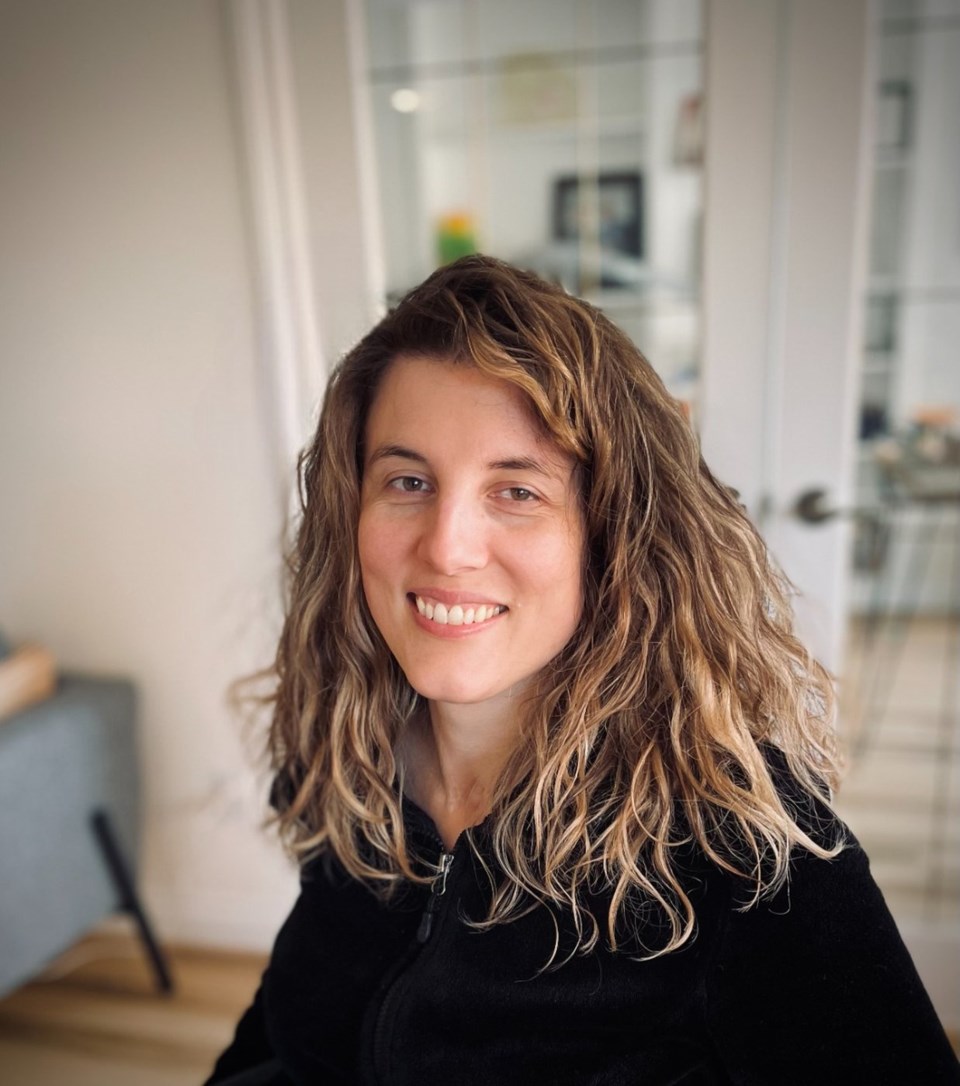An Alberta woman who filed a human rights complaint after being turned away at a clinic for an ultrasound says she hopes her recent win paves the way for better accommodations for disabled patients.
Stephanie Chipeur complained to the Alberta Human Rights Tribunal after the Calgary diagnostics clinic refused to schedule her for an appointment in 2021 unless she had a caretaker also attend to lift her from her wheelchair onto an exam table.
Chipeur says she is quadriplegic and has been in a wheelchair since she injured her spinal cord in a car crash.
"They said we won't be able to give you an appointment, because we don't do anything to do with transfers. So I was kind of like, this is not OK," said Chipeur, a law professor at the University of Calgary.
"I talked to my doctor about this refusal, and she was like, 'Yeah, this happens to my patients all the time.'"
The tribunal ruled this week that the clinic, run by EFW Radiology, discriminated against Chipeur.
She was awarded $15,000 in damages, commissioner Erika Ringseis said in the written decision.
The decision says Chipeur's physiatrist told her to get a deep vein ultrasound to assess a possible blood clot. When Chipeur called to set up an appointment, she was told by the clinic that staff couldn't lift patients onto the exam table, and she would need to bring a caregiver.
Asked about using a mechanical lift, the clinic told Chipeur only a hospital had such equipment.
"I thought it was reasonable that they should — I would expect at least one of their 12 locations in Calgary would have a lift," Chipeur said.
Chipeur said she got an ultrasound in a hospital, but then had to get a second of a different type a month later — one that she could only get at the clinic because the hospital didn't have the staff, the decision says.
"The complainant faced an untenable situation where she believed that she was being denied all opportunity to get the necessary MSK ultrasound," Ringseis says in the decision.
A friend later referred Chipeur to a small clinic that did the ultrasound as she sat in her wheelchair.
"It was clear to the tribunal member that it was so obvious that they could have been more accommodating, and they just were being difficult," Chipeur said.
At the tribunal hearing, the clinic argued staff were not permitted to lift patients due to safety risks and that Chipeur didn't experience an "adverse impact" with the denial.
Ringseis disagreed.
"The complainant was denied a service by the respondent, which resulted in a delay before she could receive a necessary ultrasound," she says.
"The inconvenience and loss of time associated with needing to schedule an alternative location is an adverse impact, even if the complainant was able eventually to receive the ultrasound."
Dr. David Lautner from EFW Radiology said in a statement that the clinic has updated its policies and procedures, including the addition of steps to support patients who need help being transferred to exam tables.
"We recognize that the experience of this specific patient in 2021 did not reflect the high standards of accessibility and patient care we are committed to providing," Lautner said.
"We continue to proactively evaluate and invest in additional equipment to further enhance accessibility. Our goal is to ensure equitable, barrier-free access to diagnostic care for all patients."
Chipeur said she's happy the tribunal sided with her and hopes diagnostic clinics take steps to accommodate people with disabilities.
"This decision, I needed it, so that all of the clinics wouldn't be able to say no to people like me anymore," she said.
This report by The Canadian Press was first published July 18, 2025.
Aaron Sousa, The Canadian Press




